
Baby formula is a manufactured, nutrient-rich food product specifically designed to provide the necessary nutrition for infants up to 12 months old. It’s usually made with cow’s milk that has been fortified with vitamins and minerals, as well as other ingredients like vegetable oils or carbohydrates. In some cases, baby formula is also supplemented with probiotics or prebiotic fibers in order to help promote healthy gut bacteria. Baby formula comes in both liquid concentrate and ready-to-feed varieties, providing parents with an easy and convenient way to feed their little one while they are on the go.
It’s important to note that not all baby formulas are created equal; there are many different types available on the market today, including organic options and those specially formulated for newborns or babies who may have special dietary needs. When choosing a formula for your child, it’s essential to speak with your pediatrician about which type will best suit his or her individual needs.
Reasons For Shortages
It can be a daunting task to find baby formula when you need it. The shelves of the stores are often empty, leaving parents feeling helpless and surrounded by uncertainty. But why is this happening? It turns out there are several reasons for shortages in baby formula supplies across many countries around the world.
First, production costs have risen sharply as manufacturers have had to invest more resources into ensuring their formulas meet increasingly stringent safety standards imposed by regulatory agencies like the US Food and Drug Administration (FDA). This has driven up prices significantly, resulting in some companies discontinuing certain products due to lack of demand or profitability. Second, the pandemic has caused major disruptions to global supply chains, making it harder for producers to source ingredients or transport finished goods from one location to another. Finally, rising demand from new parents seeking out organic or specialized formulas has put additional strain on existing stock levels.
These factors combined highlight how complex it can be for both producers and retailers to balance inventory levels with customer needs – particularly during times of crisis or economic hardship. As such, those looking for a specific product may want to consider alternative options such as online ordering or contacting local suppliers directly who may still have stock available.
Alternatives To Store-Bought Formula
If you can’t find store-bought baby formula, there are several alternatives that may be suitable for your little one. Here’s a breakdown of the pros and cons of each option:
- Homemade Formula:
- Pros: Generally made with ingredients found in most homes, such as powdered milk, sugar, eggs and vegetable oil; gives parents control over what their child is consuming.
- Cons: Takes time to prepare; requires careful measuring and mixing; must be consumed quickly after preparation or stored properly; not nutritionally equivalent to commercial formulas.
- Donor Milk from Mothers’ Milk Banks:
- Pros: Human milk has many health benefits for babies; donor milk is screened and pasteurized before being provided by banks.
- Cons: Can be costly due to processing fees; availability depends on local supply/demand dynamics.
Ultimately, when it comes to feeding infants who cannot access traditional formula products, research suggests that homemade or donated human milk are both viable solutions – though neither should replace commercially available infant formula without consulting your healthcare provider first.
Making Home-Made Formula
If you don’t have access to store-bought formula, making your own can be an excellent alternative. As a baby formula expert, I’m here to tell you that the process of creating homemade formula is relatively straightforward and cost-effective.
| Ingredient | Amount |
|---|---|
| Cow’s Milk (or other alternatives) | 1 cup |
| Water | 2 cups |
| Vegetable Oil | 2 tablespoons |
To make your own home-made formula, simply combine one cup of cow’s milk with two cups of water in a saucepan on medium heat. Then add two tablespoons of vegetable oil while stirring constantly until blended together evenly and smooth. Finally, let it cool before adding it to bottles for feeding. This will provide all the nutrients needed for healthy development for babies up to six months old. It’s important to note that this mixture should not replace breast milk or store bought formulas unless advised by a doctor or nutritionist as it is less nutritionally complete than either option. However, when used correctly under appropriate guidance from medical professionals, homemade formulas can be safe and effective ways to feed your little one!
Substitutes For Baby Formula
When you can’t find baby formula, there are a few substitutes to consider. If the child is younger than one year old, cow’s milk should be avoided as it does not contain enough of certain nutrients and could lead to dietary deficiencies. An alternative for infants under twelve months old would be an iron-fortified infant cereal mixed with water or breastmilk. This combination provides some vitamins and minerals that may otherwise be lacking in their diet. Older babies up to two years old can have whole cows’ milk if they’re receiving other sources of nutrition such as solid foods.
If none of these options seem suitable, speak with your doctor about any additional advice they may have on the matter. They will likely suggest a hypoallergenic formulation appropriate for your child’s age and needs. With careful consideration and guidance from medical professionals, parents can help ensure their little ones receive adequate nourishment even when baby formula is hard to come by.
What To Consider When Choosing An Alternative
When it comes to choosing an alternative for baby formula, there are a few important things to consider. First and foremost, parents should make sure that the substitute is suitable for their child’s age group. For example, cow’s milk is not recommended as a primary source of nutrition before 12 months old due to its lack of essential nutrients needed by babies at this stage.
Here are four key points to keep in mind when deciding on an alternate form of nutrition:
- Always consult your pediatrician before introducing any new food or beverage into your infant’s diet.
- Make sure that the ingredients are safe for your baby and free from allergens like dairy, gluten, peanuts and soy proteins.
- Choose products with high nutritional value such as fruits, vegetables and whole grains whenever possible.
- Read product labels carefully to ensure that you understand what ingredients are present in each item and if they meet your requirements.
In order to provide adequate nourishment for infants who cannot tolerate traditional formulas, it’s important that parents select alternatives that meet both safety and nutritional needs while also taking allergies into account. With careful consideration and research, families can find substitutes more suited to their individual situation without compromising quality nutrition for their little one.
Tips On How To Find Baby Formula In Stock
Finding baby formula in stock can be a challenge, especially during times of high demand. Fortunately there are several steps you can take to ensure that your search is successful. First, create an account with online retailers who carry the type of formula you need and sign up for their email alerts. This way you’ll get notified when new shipments become available so you can grab one before they’re gone again. Additionally, many stores offer subscription services where they will automatically send a shipment of formula every month or two.
It’s also important to reach out to local stores directly, either by phone or through social media accounts like Twitter and Facebook. Ask if they have any plans for stocking more baby formula soon, as well as what time slots would provide the best chance of finding it in stock. You should also look into buying from bulk suppliers or specialty stores instead of relying on big-box chains alone – these smaller outlets may not always advertise their products but could potentially provide just what you need.
Checking With Local Stores And Pharmacies
If you’ve exhausted your online options and are still unable to find baby formula in stock, it’s time to check with local stores and pharmacies. Start by calling the store or pharmacy directly; they may be able to tell you whether they have any formula available, as well as provide additional instructions on how best to purchase it. You can also ask if they’re expecting a shipment soon so that you know when to expect your product.
In some cases, there may be limits placed on how many items of baby formula each customer is allowed to buy at one time. Be sure to inquire about this ahead of time so that you don’t end up having wasted a trip because of buying too much. If supplies are limited, consider asking stores or pharmacies if they offer pre-ordering—this way, you won’t miss out on getting what you need for your little one!
Online Shopping Options
If you can’t find baby formula at the store, don’t despair. There are plenty of online shopping options that let you search for specific formulas and brands. Many stores also offer online ordering with delivery right to your door. You can even buy in bulk if desired, which makes it easier to stock up on supplies without having to worry about running out anytime soon. With so many websites and stores offering a range of products, parents should have no trouble finding exactly what they need.
In addition to buying from traditional retailers, there’s always the option of purchasing directly from manufacturers. Locating these sites is easy—simply look up the brand name or product title on any search engine and read through reviews from past customers before deciding where to place an order. That way, you’ll be sure to get high-quality formula delivered quickly and securely.
Benefits Of Breastfeeding
Shopping for baby formula can be tricky, but you don’t have to settle for it. Breastfeeding is widely accepted as the natural and healthiest way to feed your infant. Rich in nutrients and antibodies, breast milk provides benefits that go beyond nutrition alone. As such, if you’re unable to find baby formula or are considering alternatives, breastfeeding should definitely be on the list of options.
The most obvious benefit of breastfeeding is the bond it creates between mother and child, which lays a strong foundation not only for physical health but also emotional wellbeing. It’s important to note that this connection isn’t exclusive just to mothers; fathers too can help nurture their babies through close contact with skin-to-skin care. Additionally, since breastfed infants tend to eat more often than those who drink formula, they develop an enhanced sense of security and trust from being fed frequently throughout the day.
Moreover, studies suggest that breastfed babies may experience fewer illnesses – including colds, ear infections and gastrointestinal problems – compared to formula-fed children due to receiving greater amounts of protective proteins found in human milk. Furthermore, research has associated breastfeeding with reduced risks for developing asthma, obesity and type 2 diabetes later in life. By choosing breastfeeding over bottle feeding whenever possible, parents can ensure their little ones get all the essential nutrition required during infancy while still providing ample love and protection.
Donor Milk Programs
If parents are unable to find baby formula, they should consider a donor milk program. These programs provide access to pasteurized human milk from screened donors for babies in need. Many hospitals maintain these programs and can help connect families with available sources of donor milk. It is important to note that this can be an expensive option, as most insurance companies do not cover the cost. However, many organizations offer financial assistance or discounts in order to make it more accessible and affordable.
It is also recommended that parents consult their healthcare professional before using donor milk, as there may be medical conditions or unique circumstances which need to be taken into account when selecting this option. Furthermore, quality control protocols differ greatly between each program and must be followed closely to ensure safety standards have been met. Ultimately, if a parent cannot locate baby formula and your doctor approves the use of donor milk, then a donor milk program could be an effective alternative solution.
Talking With Your Healthcare Provider
If you’re having difficulty finding baby formula, it’s important to speak with your healthcare provider. They may have additional advice and tips for where you can buy the formula or what alternatives are available. Your doctor may also be able to provide a prescription for special formulas if necessary.
It’s always best to ask any questions that you might have about infant nutrition directly from a qualified professional who is knowledgeable in this area. This way, they’ll be able to give you up-to-date information and make sure that your baby gets the nutrition they need, no matter what kind of formula they take.
Managing Stress And Anxiety During Shortages
When facing a shortage of baby formula, stress and anxiety can quickly build. But parents don’t need to panic – there are practical steps they can take to help cope with the situation. By following these tips, moms and dads can keep their cool while finding an alternative solution for feeding their little one.
First, try not to worry too much about what other people may think or say in response to your choice of substitute formulas. Everyone has different preferences and opinions when it comes to infant nutrition, but ultimately the decision is up to you as a parent. You know best about which option will work for your child’s unique needs.
Second, look into temporary alternatives that could provide similar nutritional benefits as baby formula. For instance, some families might consider using breastmilk from donors or milk banks if available in their area; others may opt for specially formulated toddler milks made from cow’s milk or plant-based sources such as rice or oats. Whatever route you choose, be sure that it meets all the health requirements set out by medical professionals before making any changes to your baby’s diet.
At times like this, it pays off to stay informed on local availability and pricing options so that you’re prepared when supplies do eventually become more readily accessible again. It also helps to check with trusted friends and family members who have young children for advice or insights on where they’ve been able find reliable resources during similar shortages in the past. Finally, remember that you aren’t alone: many parents around the world have gone through shortages over time and most have found creative ways to cope with them successfully!
Resources For Support And Answers To Questions
If you can’t find baby formula, don’t worry. There are plenty of resources available to help parents in this situation.
First, reach out to your healthcare provider or nutritionist for advice on which formula is best for your baby’s needs. They may be able to provide samples or suggest alternatives that fit within your budget and dietary restrictions. Additionally, many pharmacies offer discounts for infant formula if you purchase it in bulk online or in store.
Secondly, there are also a number of support groups and forums online that can provide additional information about finding baby formula as well as answer any questions you have about the product itself. It can be helpful to connect with other parents who have faced similar challenges so that you know you’re not alone. Some even host giveaways where they give away free samples of different types of formulae! So don’t hesitate to explore these options further – you never know what kind of access they could lead to!
At the end of the day, remember that everyone’s parenting journey is unique and there will always be bumps along the way. With a bit of research and patience, however, it’s possible to find the right solution for both you and your little one.
Summary And Conclusion
Transitioning from the previous section on resources for support and answers to questions, finding a good baby formula can be like navigating an obstacle course. It can involve researching different options, asking friends and family for advice, and consulting medical experts. In this concluding section we will summarize what has been discussed about how best to find the right formula for your infant.
First of all, it is important to remember that there is no one-size-fits-all solution when it comes to choosing a baby formula. Different factors such as age, health condition, allergies, sensitivities, and nutritional needs should all be taken into account in order to make an informed decision. Additionally, parents should always consult with their pediatrician prior to making any decisions regarding their child’s nutrition plan.
In addition to speaking with healthcare professionals, parents should take advantage of online resources such as forums or reviews which provide information about ingredients used in various formulas. Furthermore, they can also ask trusted family members or friends who have experience with formulas for recommendations or advice. Ultimately, by taking these steps into consideration during the selection process parents can ensure that their infant receives the proper nutrients needed for healthy growth and development.
Conclusion
As a baby formula expert, it’s important to understand the difficulty of not being able to find formula for your little one. Knowing what options are available and how you can make informed choices is essential in times like these. It’s also critical to remember that no matter how hard things get- there will always be someone willing to help.
When searching for alternatives or substitutes for store-bought formula, ask questions and do research so that you know what each option entails. Don’t forget about home-made or plant-based formulas either; as long as they meet the nutritional needs of your child, these could also be viable solutions. Finally, take time out for yourself when needed: taking care of our mental health during shortages is just as important as physical well-being. As the saying goes “if we don’t fill ourselves up first, we won’t have anything left to give”.
The goal here isn’t simply finding an alternative solution but understanding why this shortage happened in the first place and seeking ways to prevent it from happening again in future. With some patience and open communication with healthcare providers, parents should feel empowered knowing that their children’s health is still at top priority even if supplies are limited.
Frequently Asked Questions:
What are the main reasons for baby formula shortages?
Baby formula shortages are caused by rising production costs due to stricter safety standards, pandemic-related supply chain disruptions, and increased demand for organic or specialized formulas.
What are some alternatives to store-bought baby formula?
Alternatives include homemade formula (though it lacks complete nutrition), donor milk from mothers' milk banks (screened and pasteurized), and iron-fortified infant cereal mixed with water or breastmilk for infants under 12 months.
How can parents find baby formula in stock during shortages?
Parents can sign up for online retailer alerts, check local stores and pharmacies, explore bulk suppliers, or contact manufacturers directly. Pre-ordering and subscription services may also help secure supplies.
What should parents consider when choosing an alternative to baby formula?
Parents should consult a pediatrician, ensure the substitute is age-appropriate, check for allergens, prioritize nutritional value, and read labels carefully to meet their baby's dietary needs.
What are the benefits of breastfeeding compared to formula?
Breastfeeding strengthens the mother-child bond, provides essential antibodies, reduces illness risks, and may lower chances of asthma, obesity, and type 2 diabetes later in life. It's the most natural and nutrient-rich option for infants.

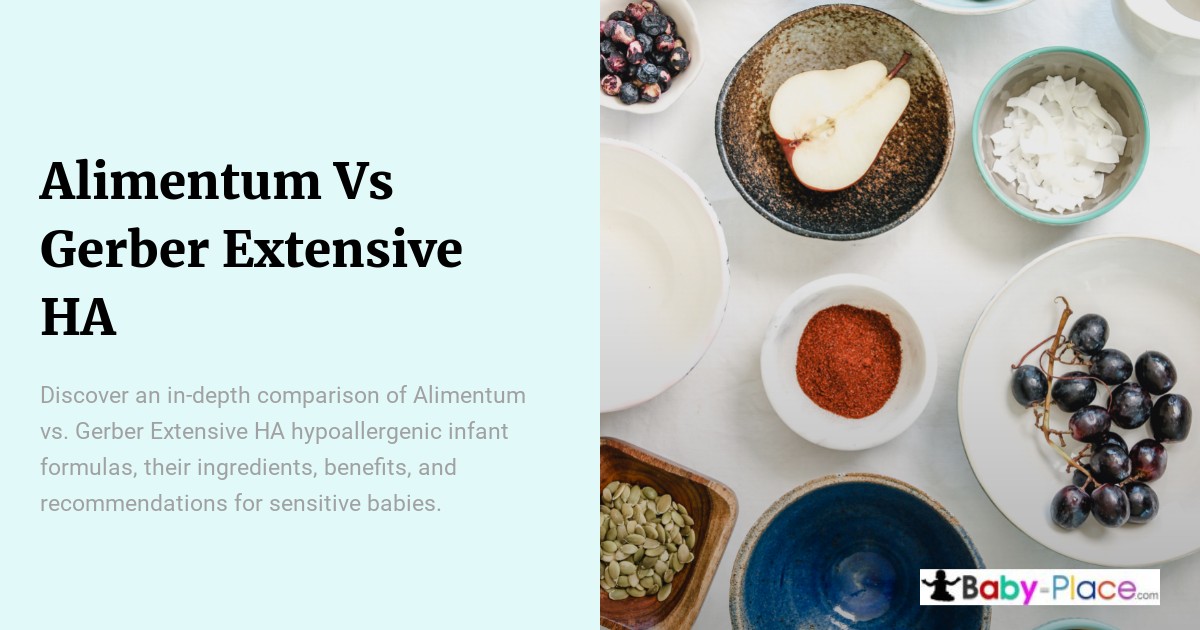
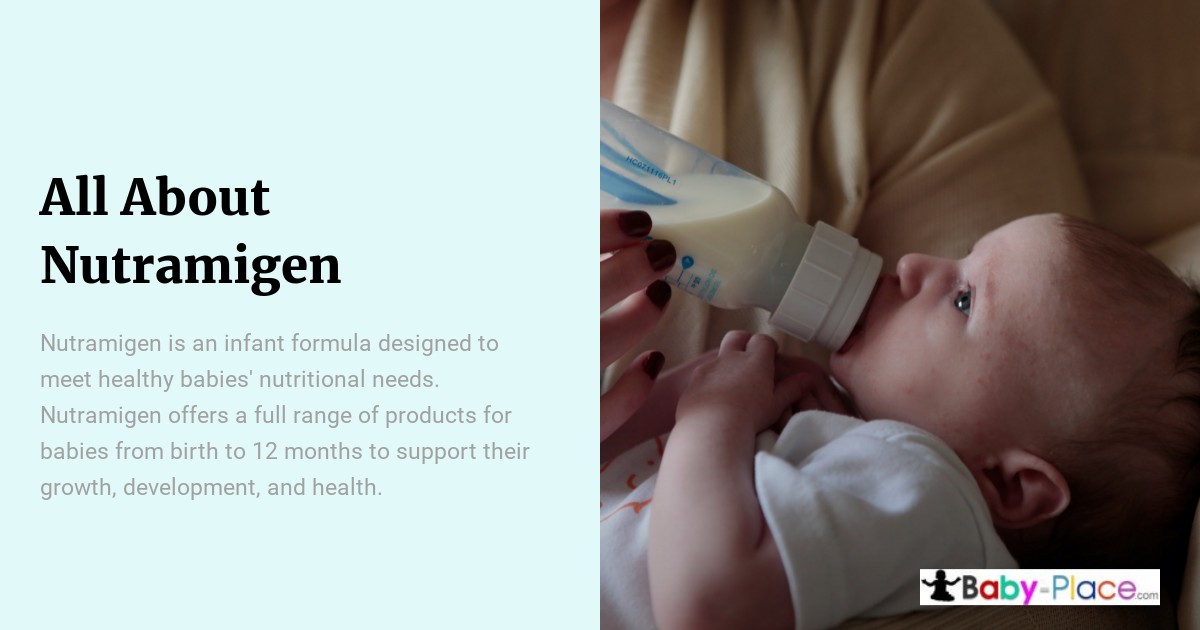
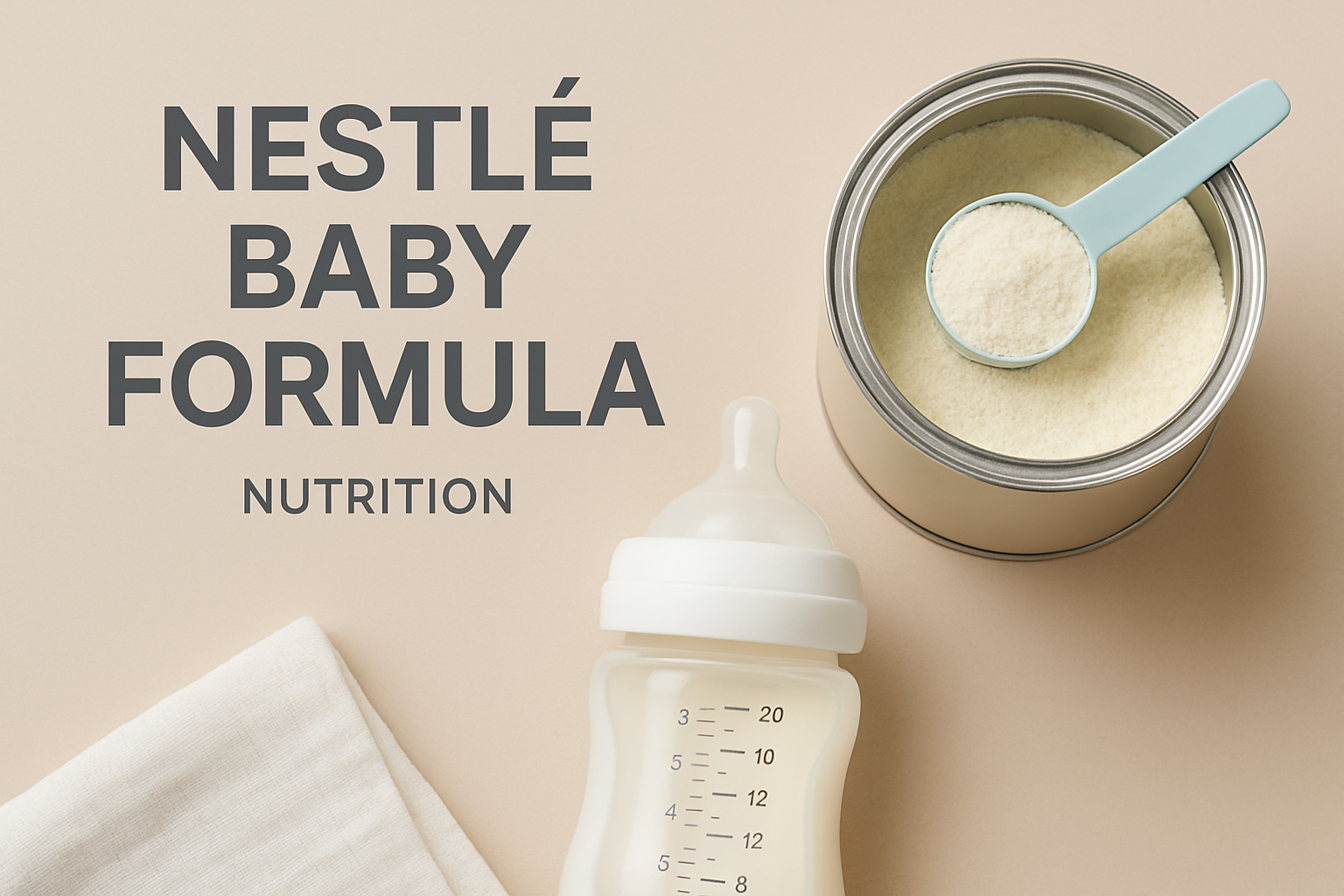
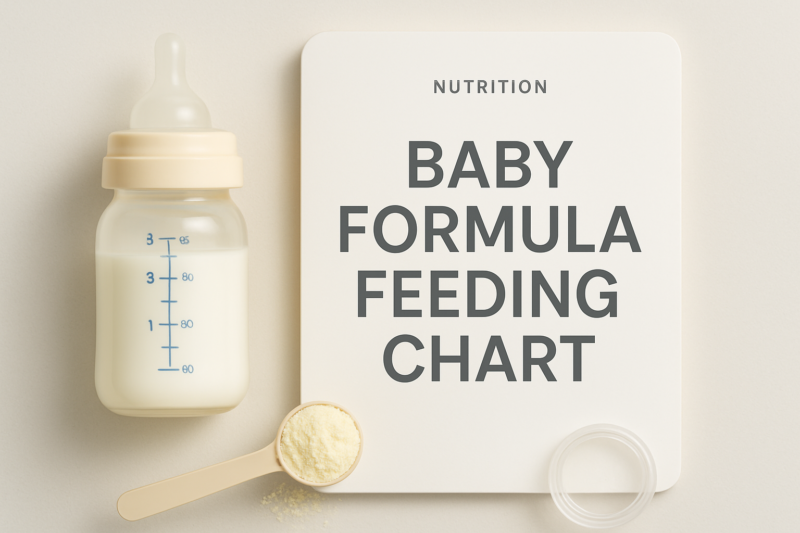
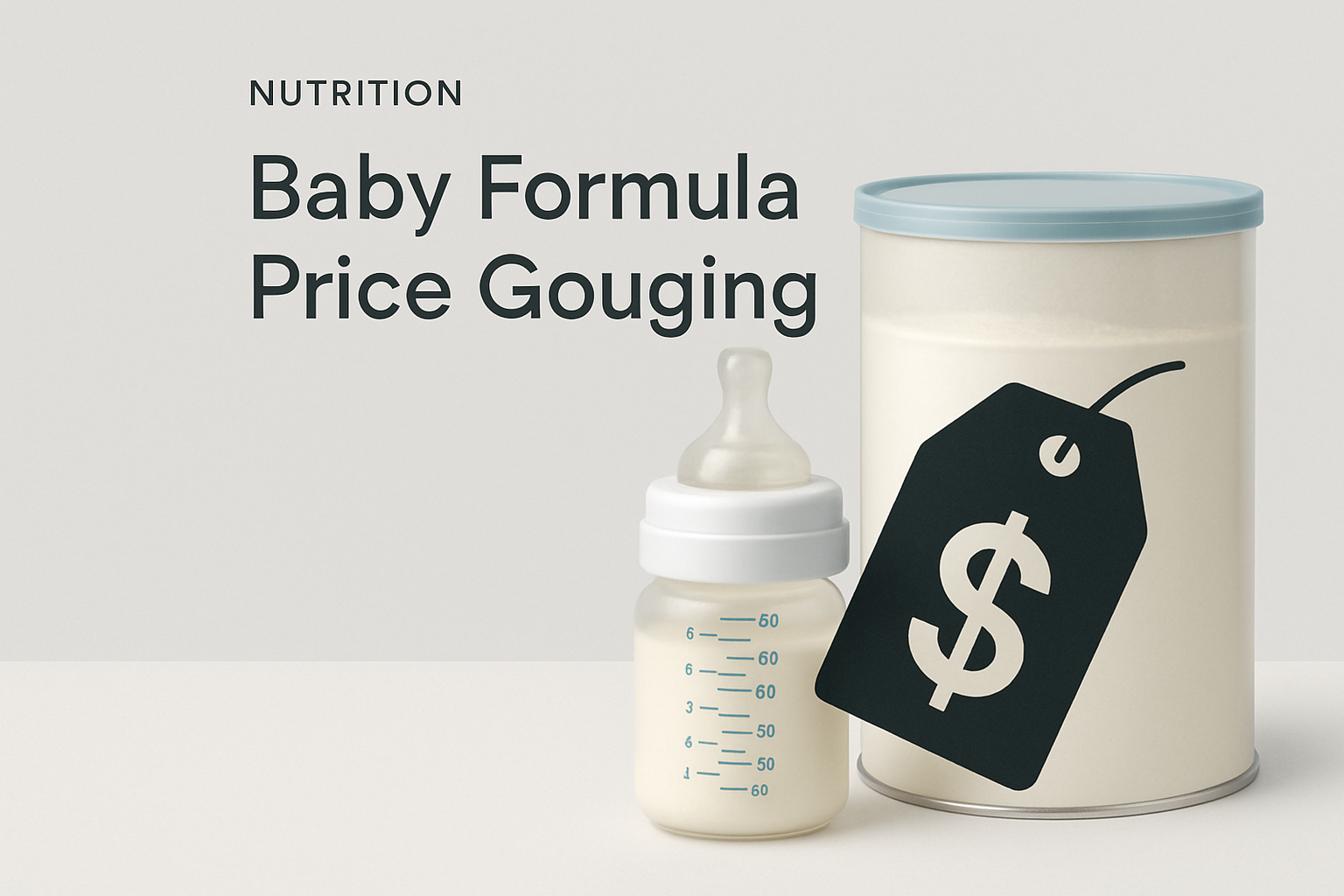

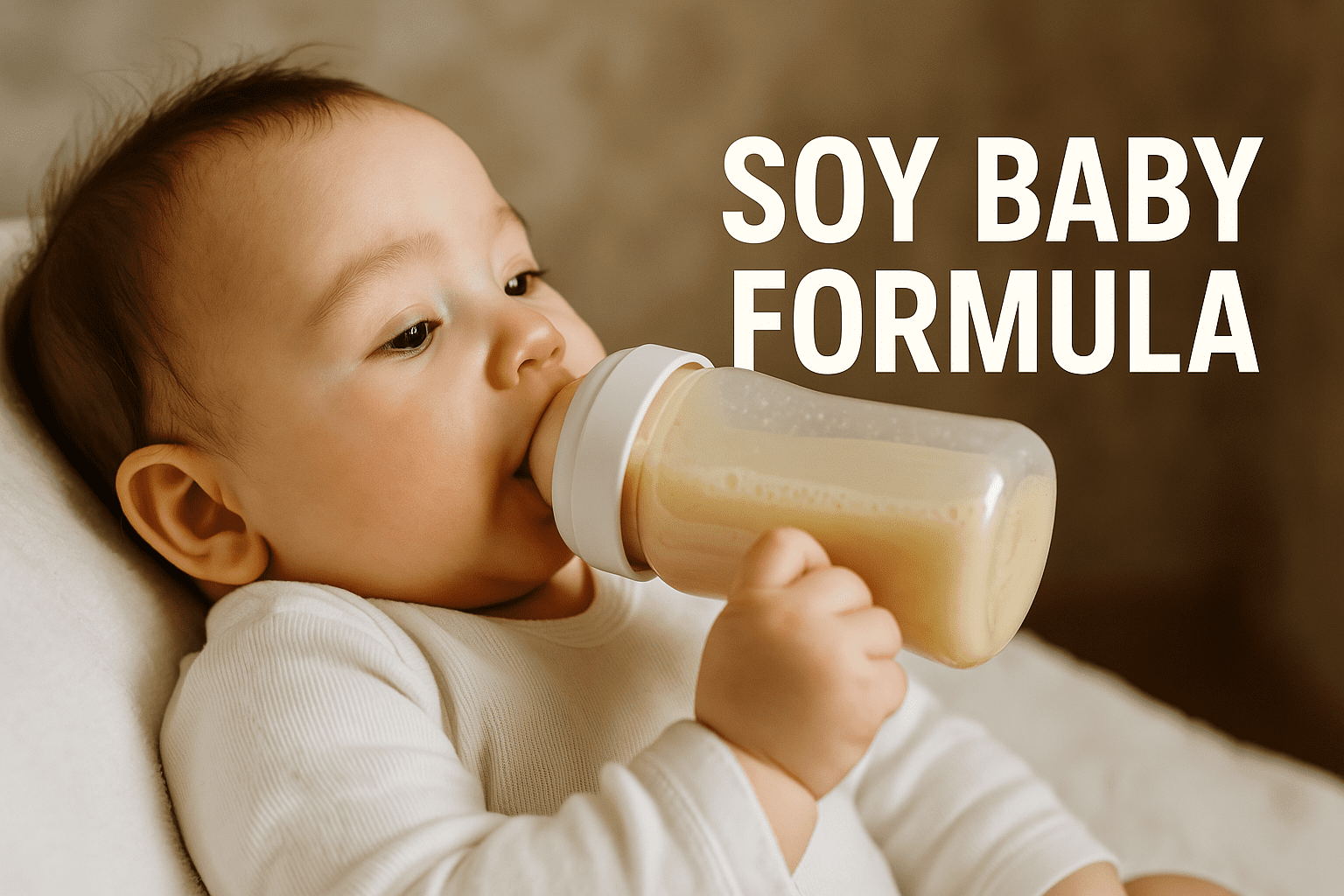

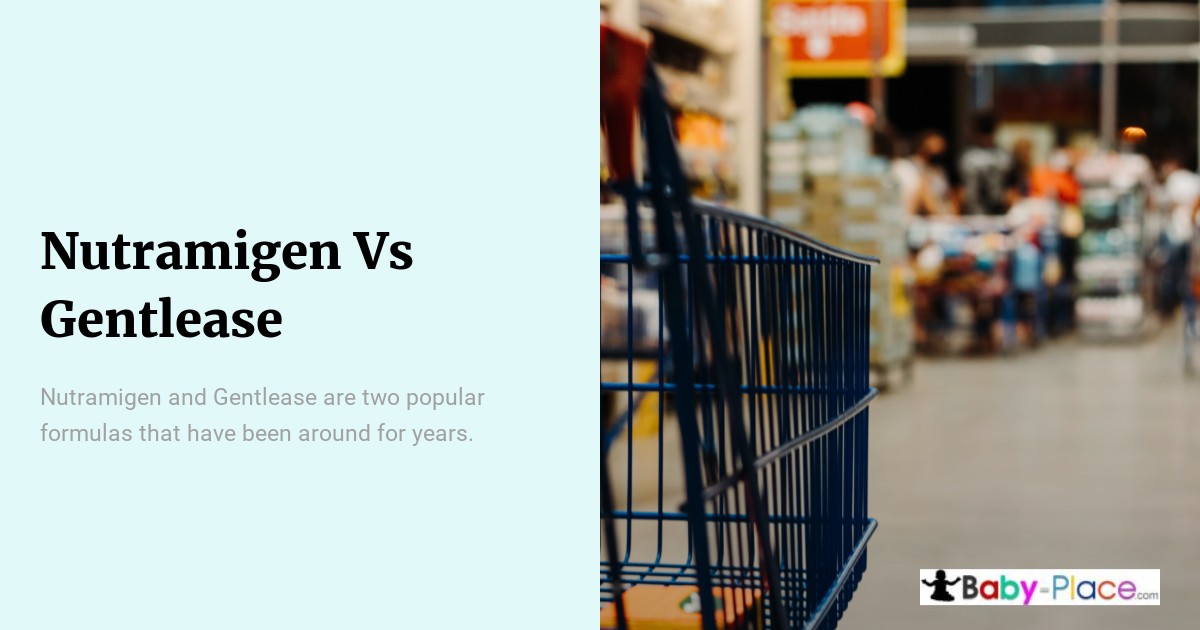
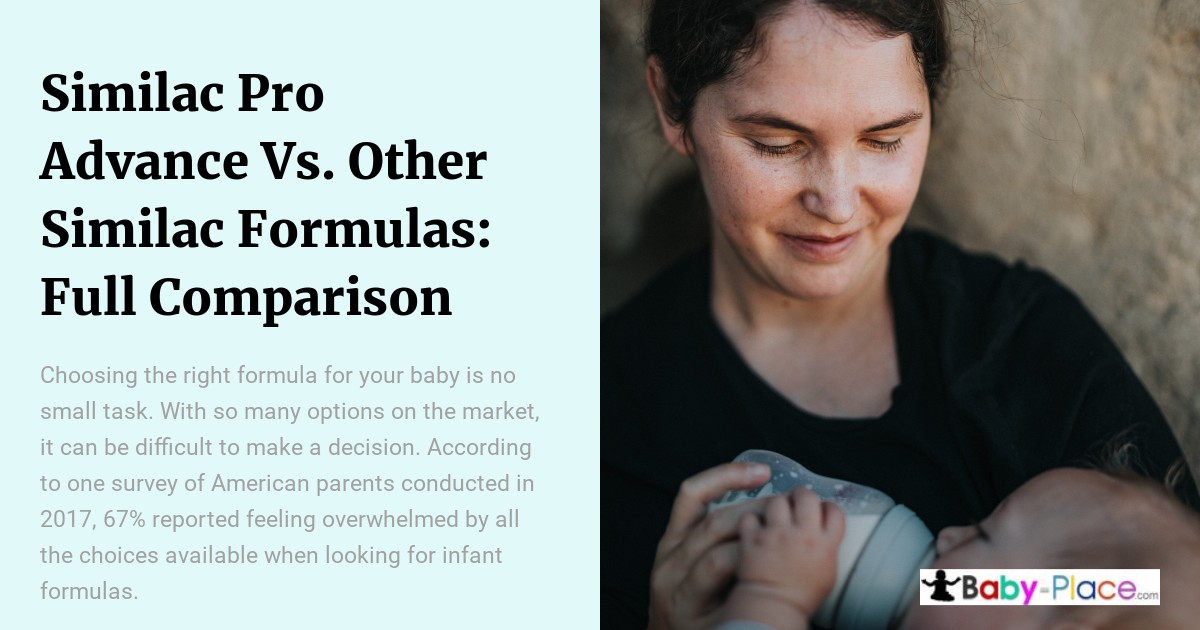
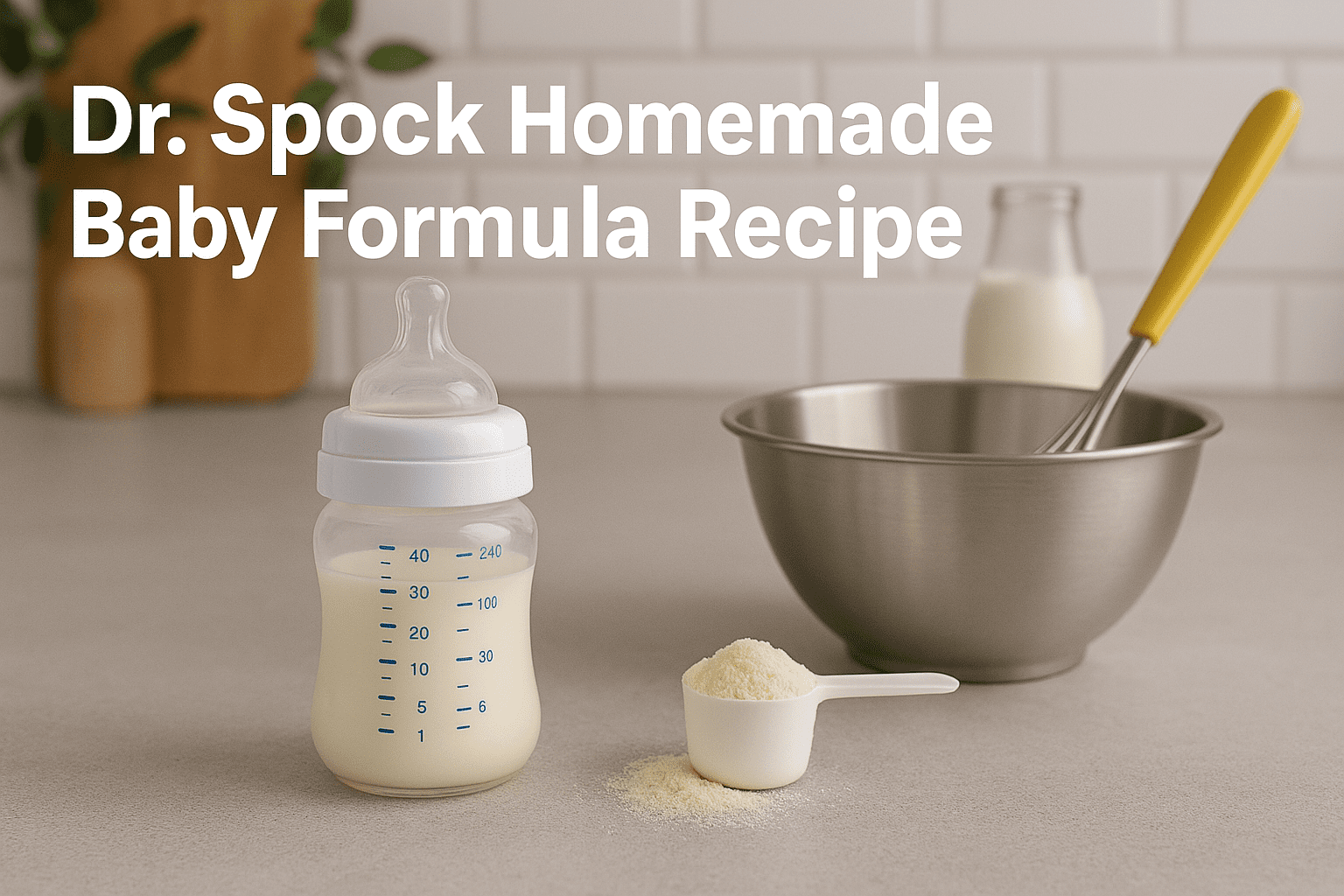
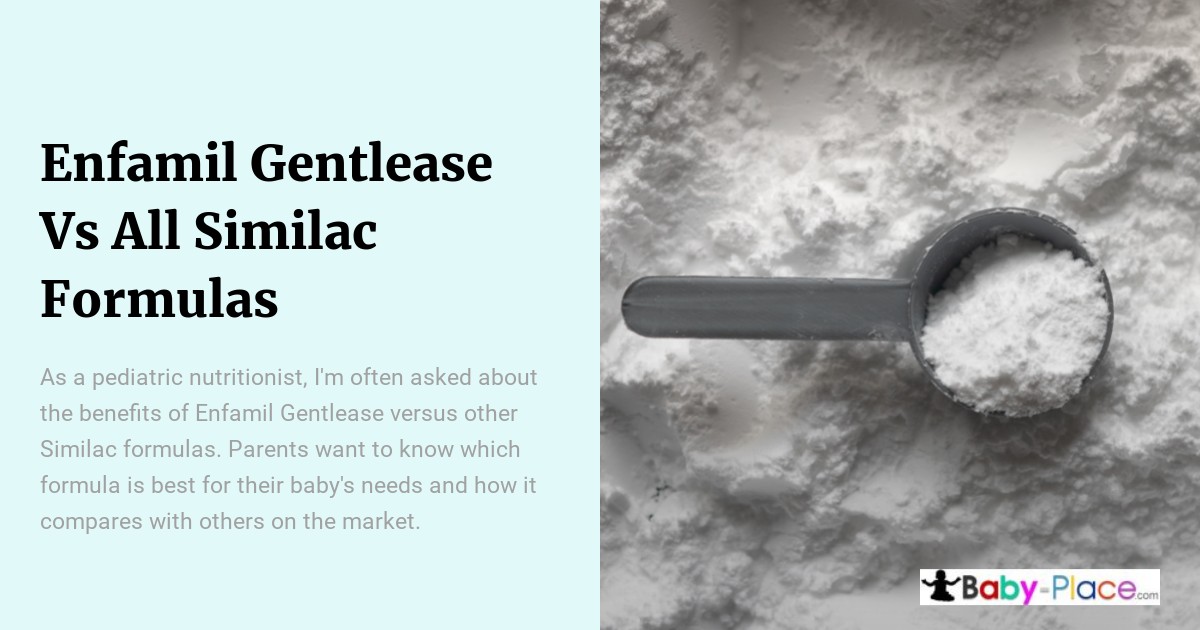





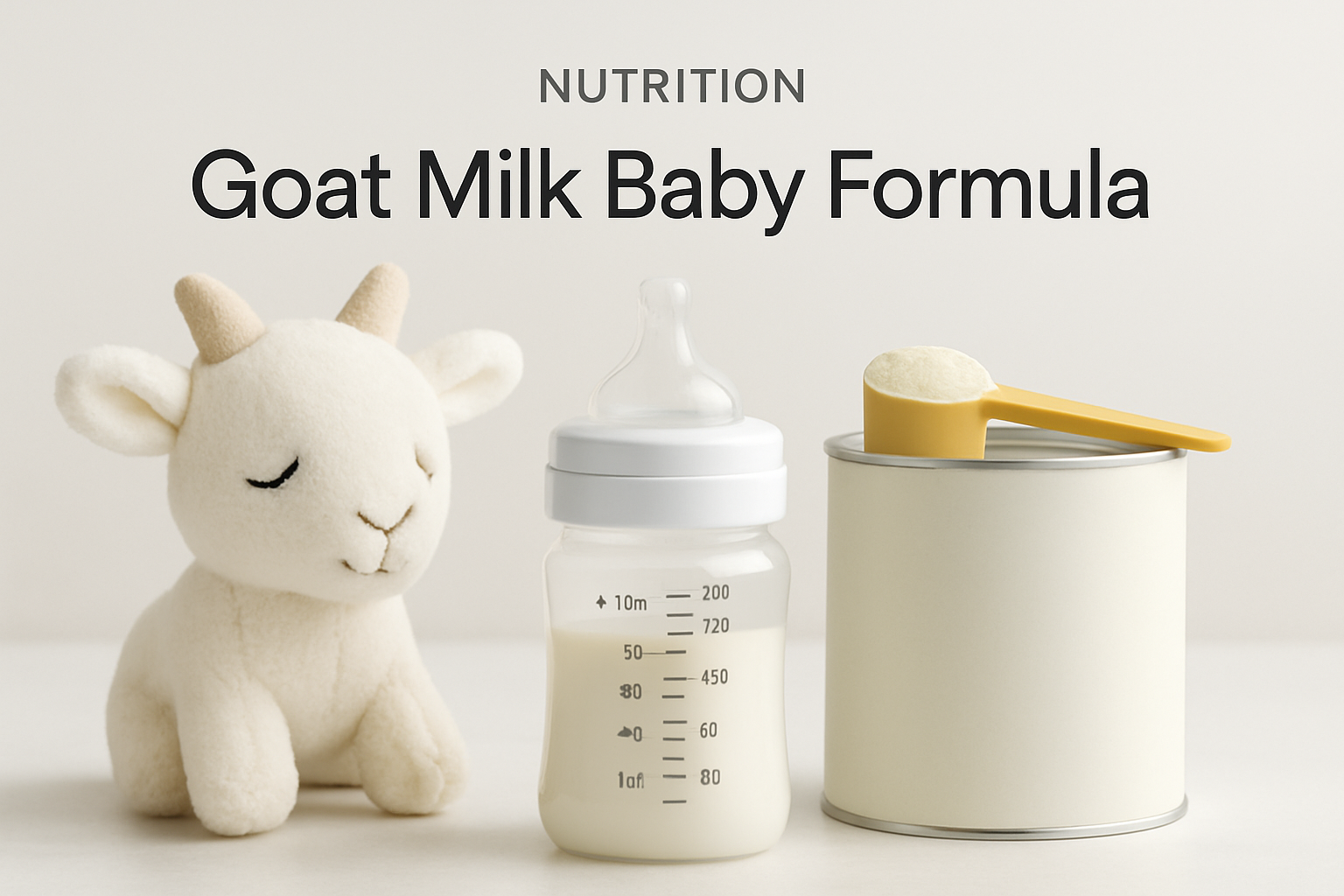
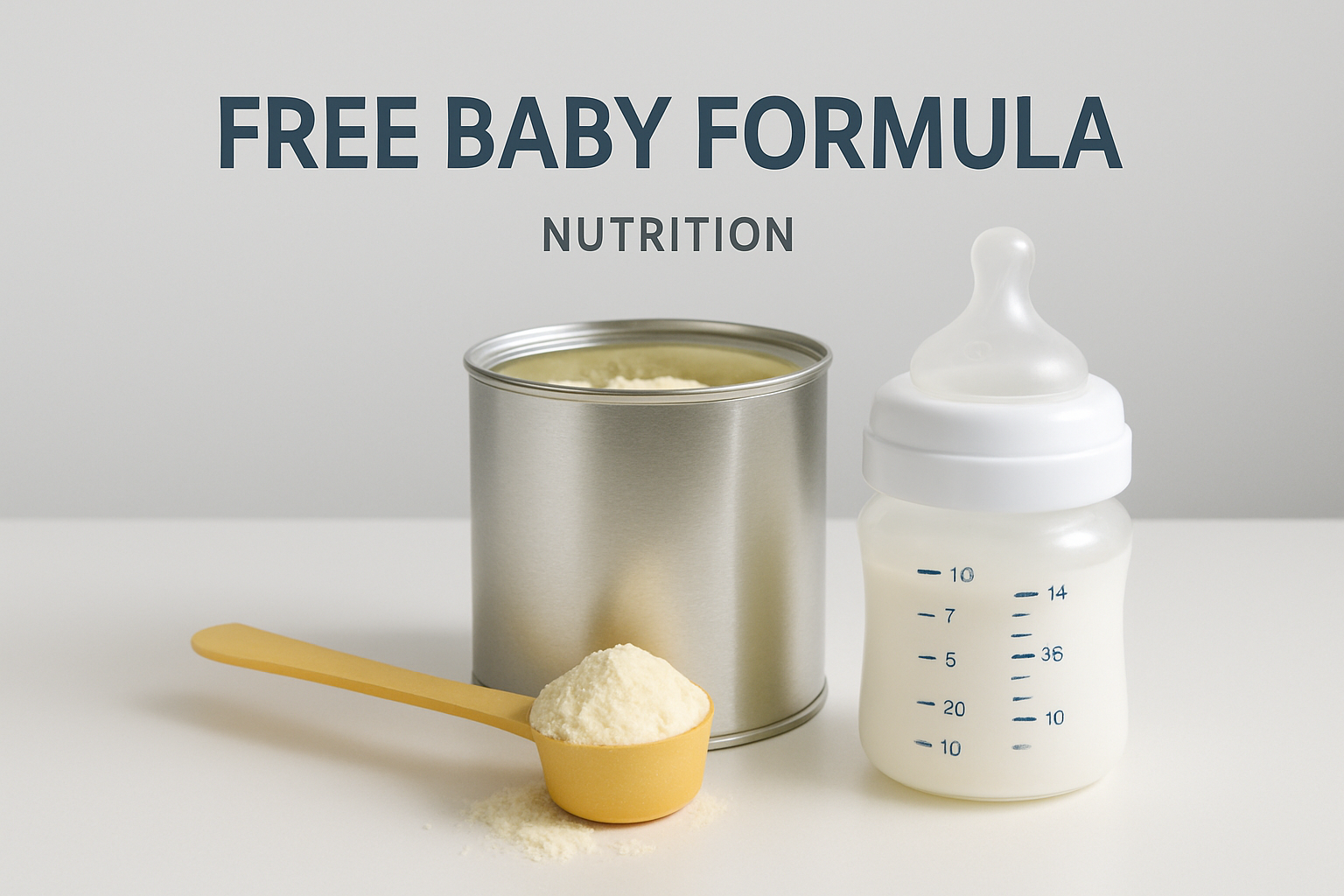
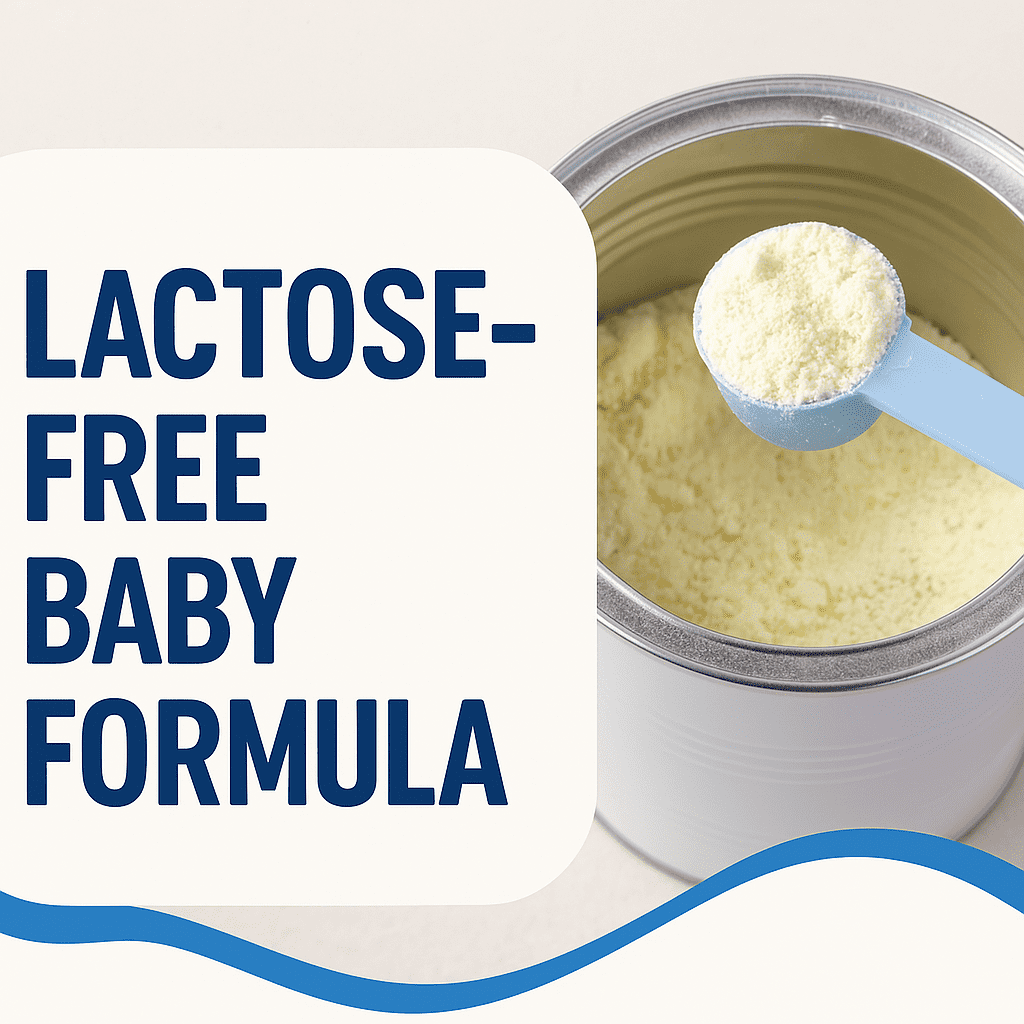



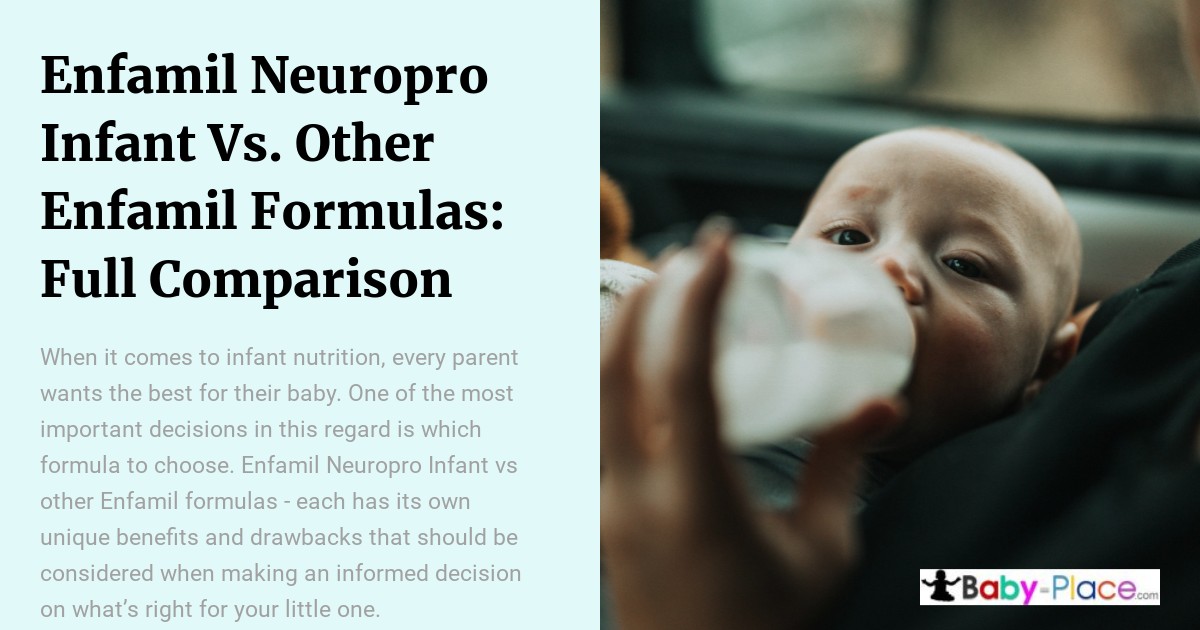
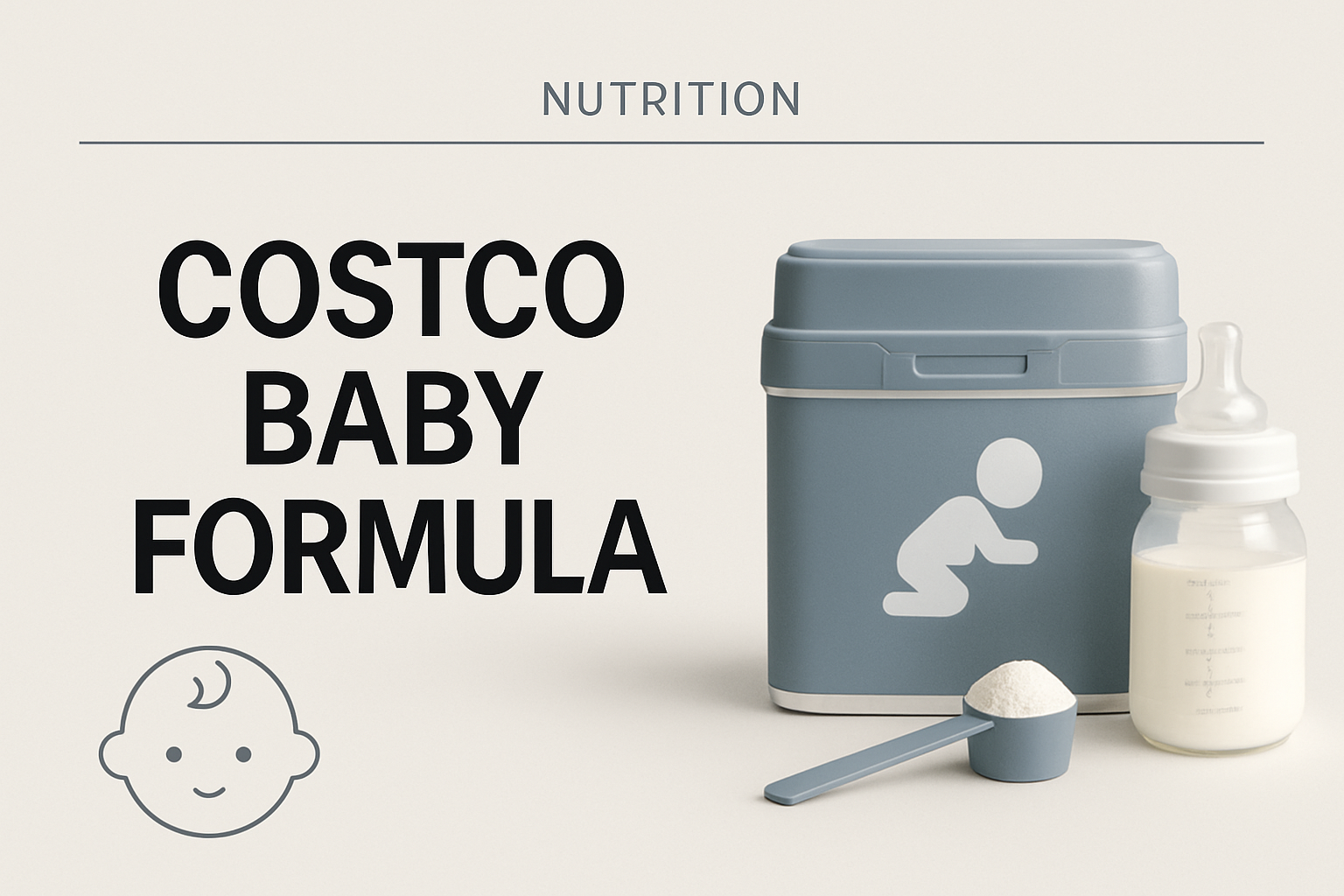

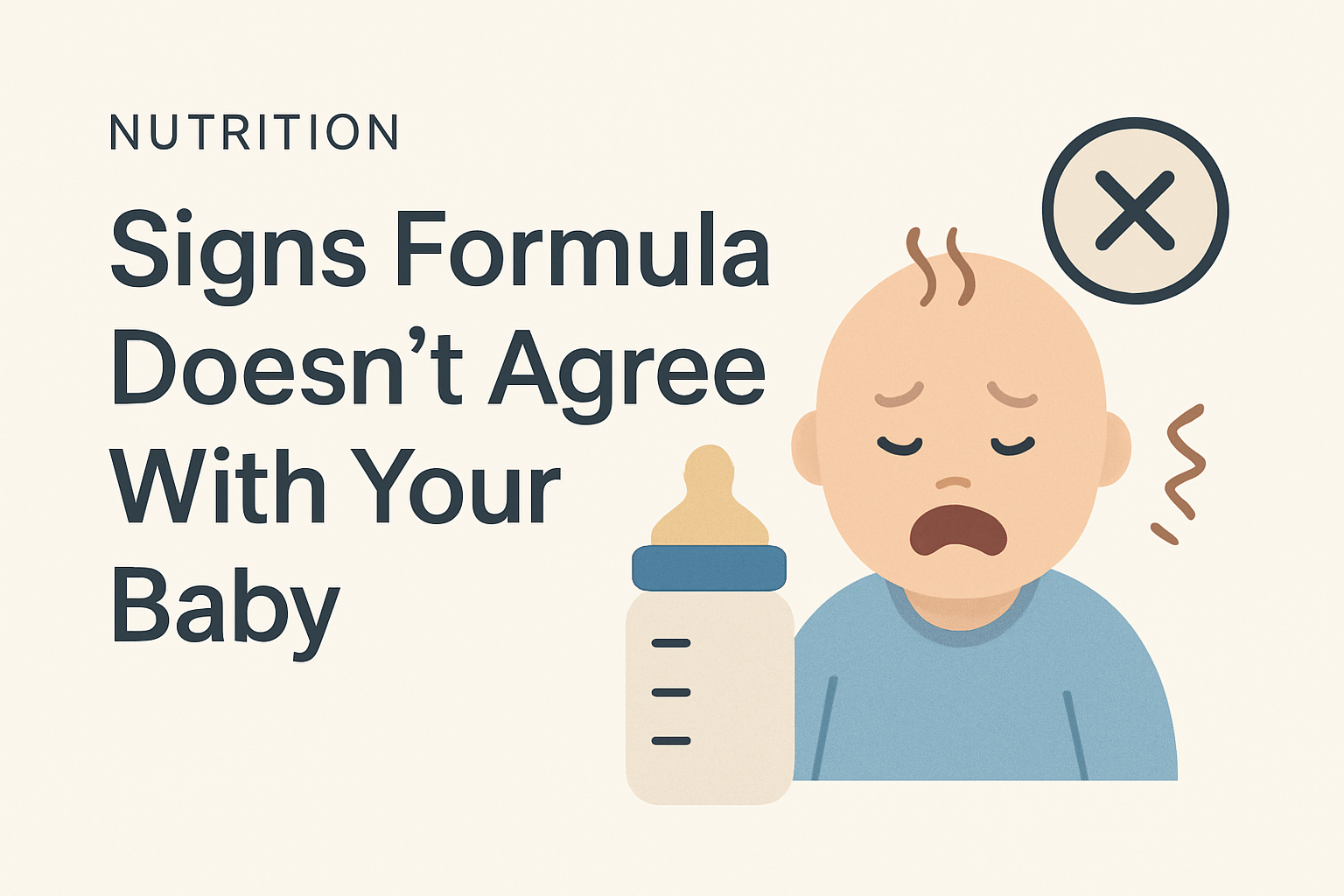
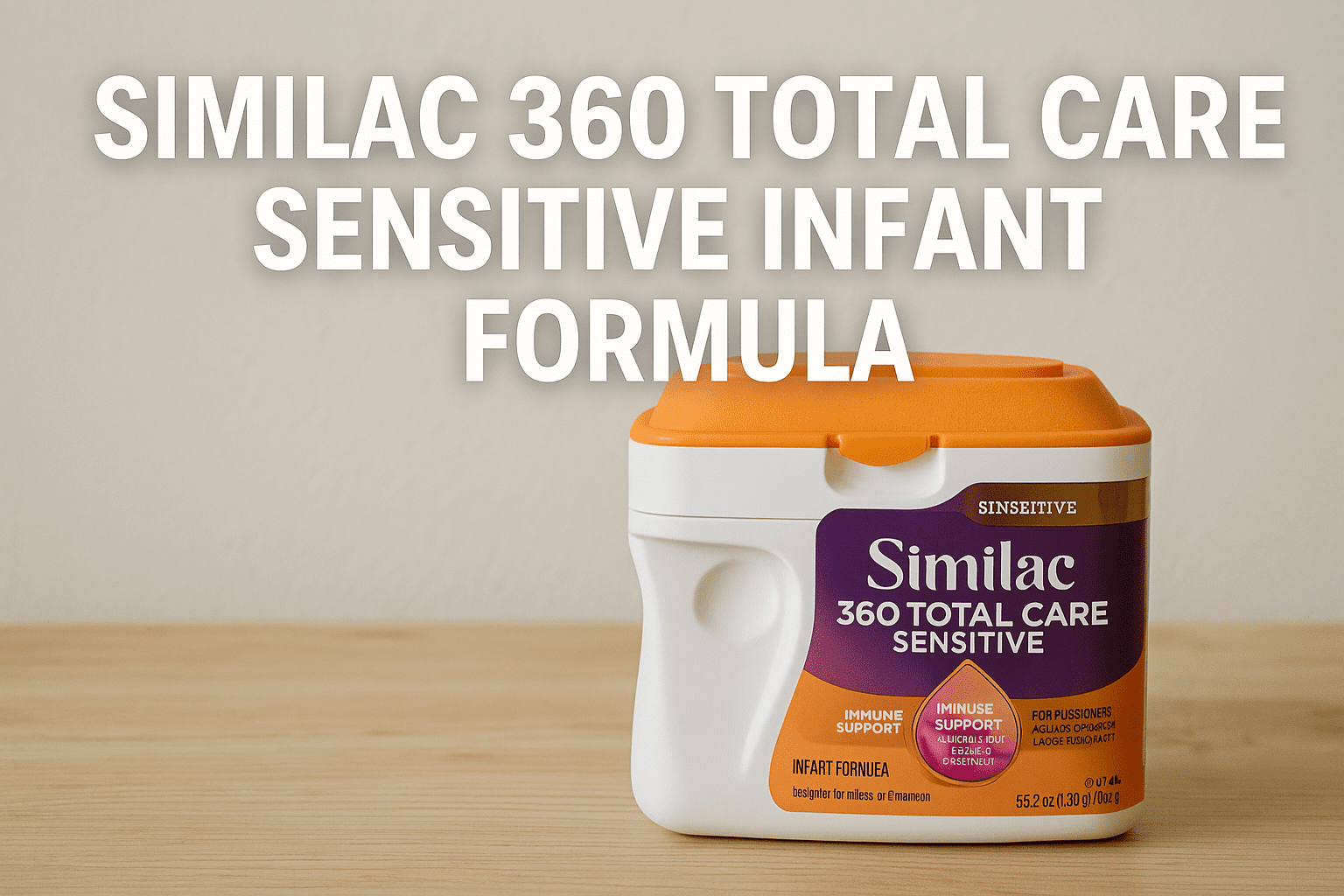

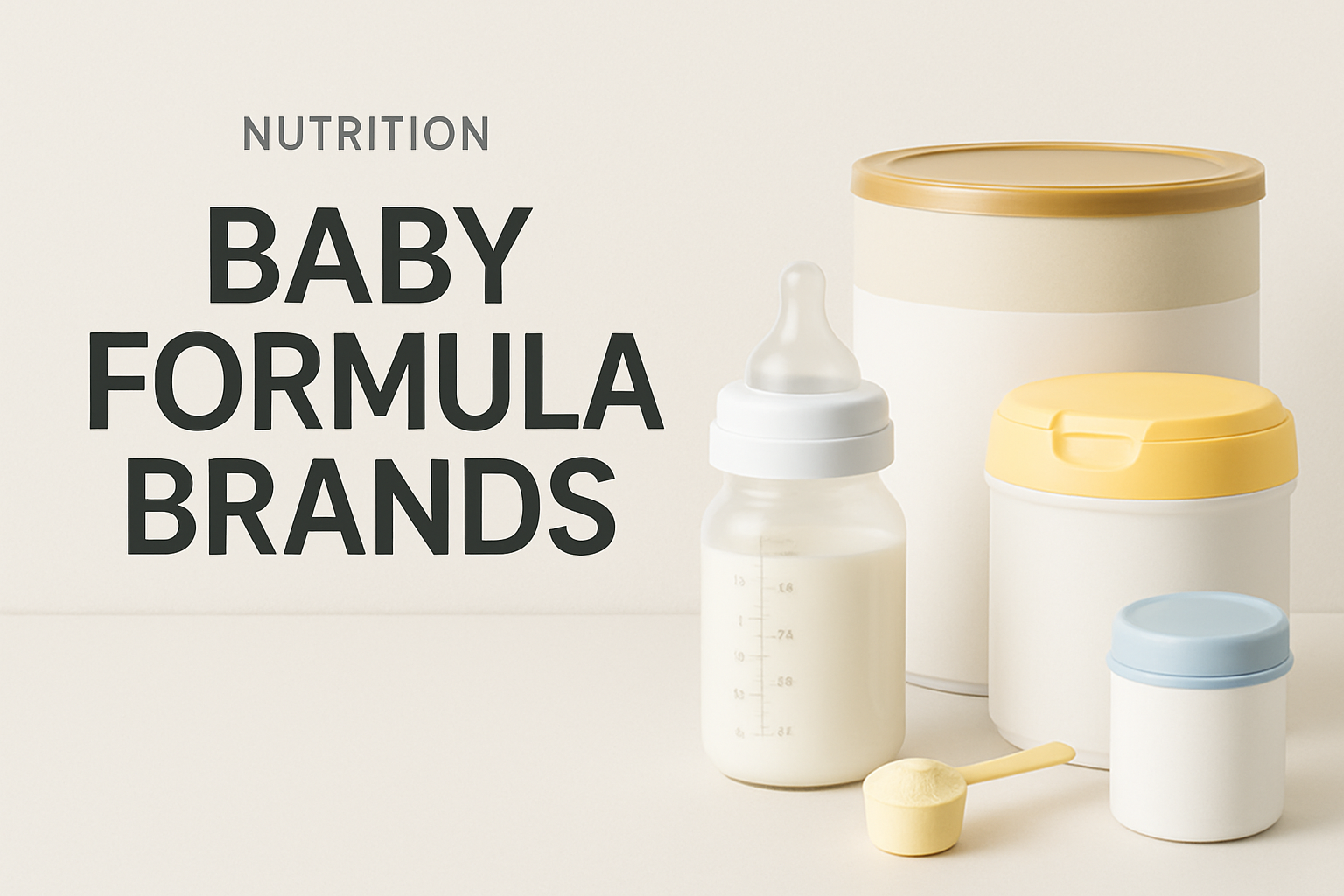

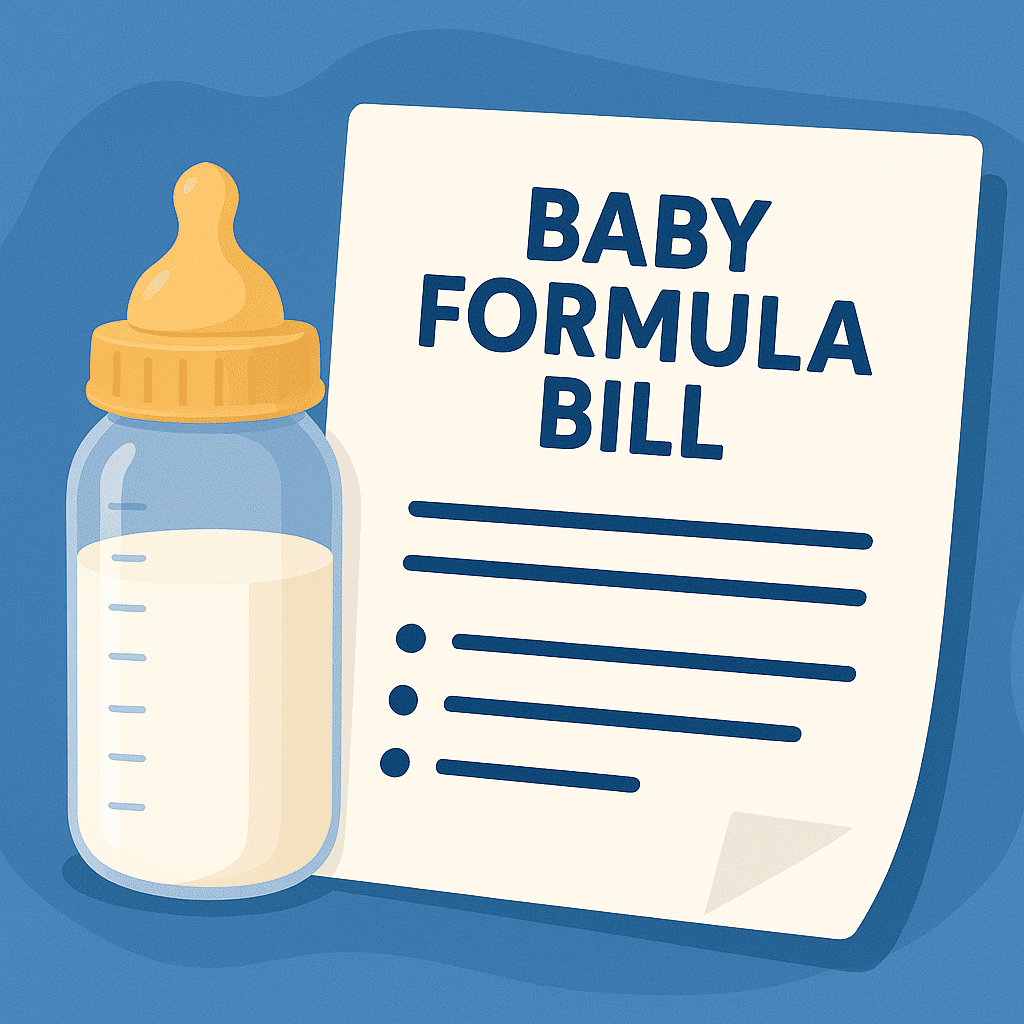
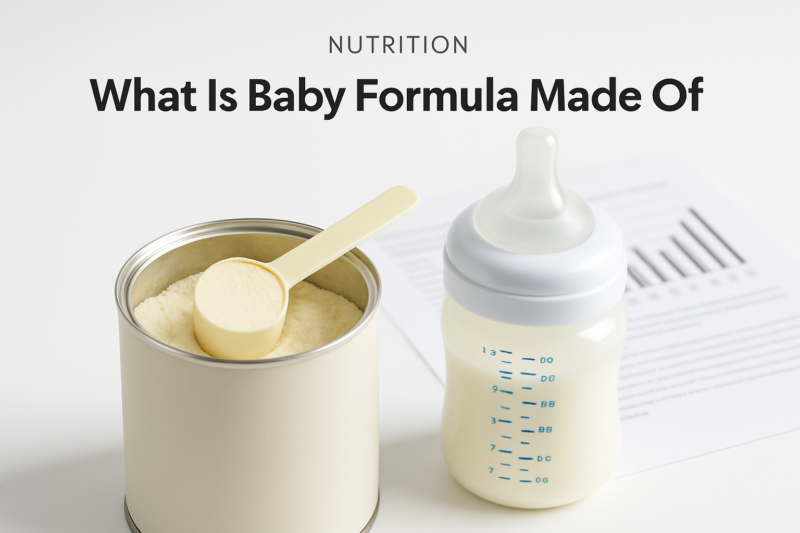
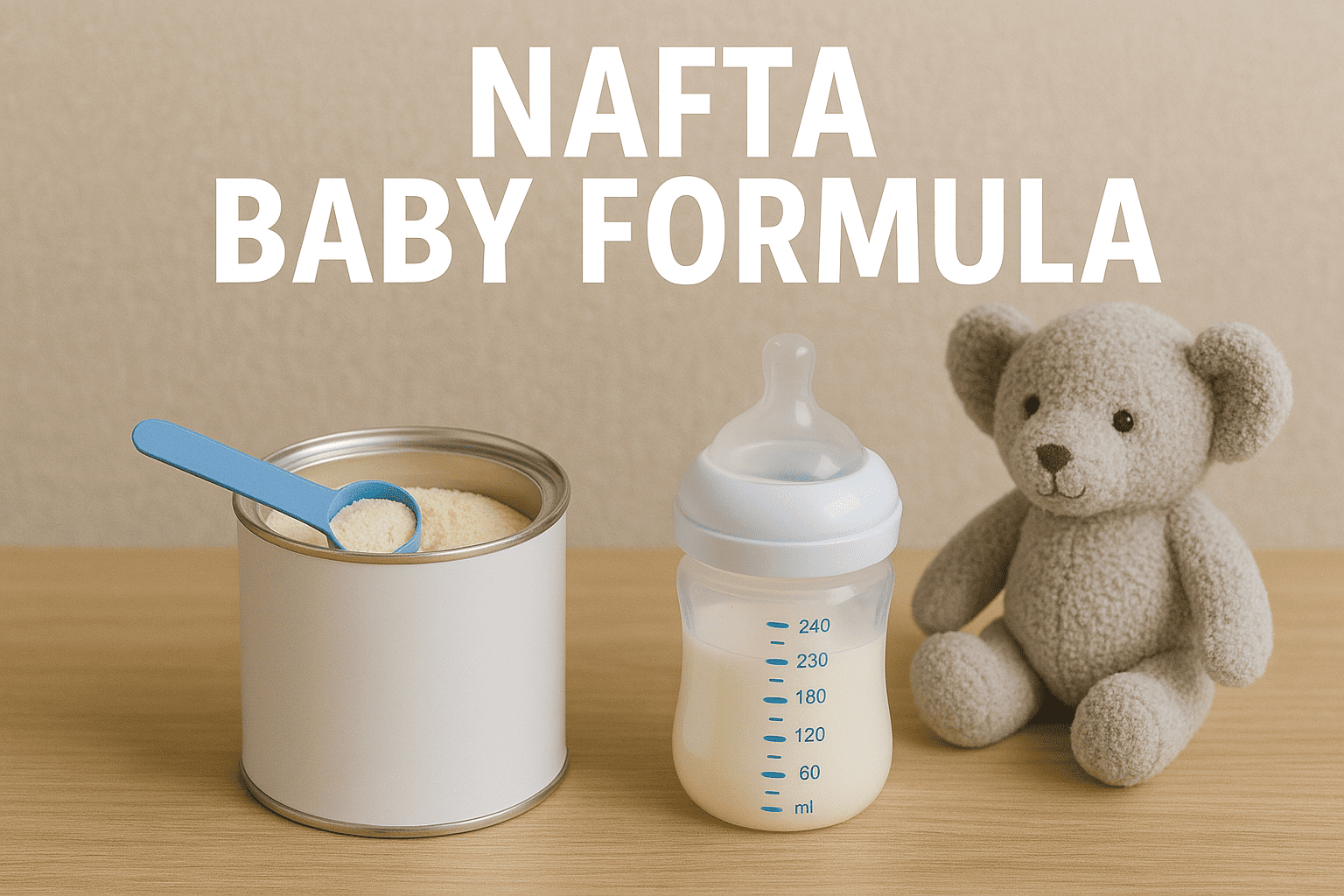
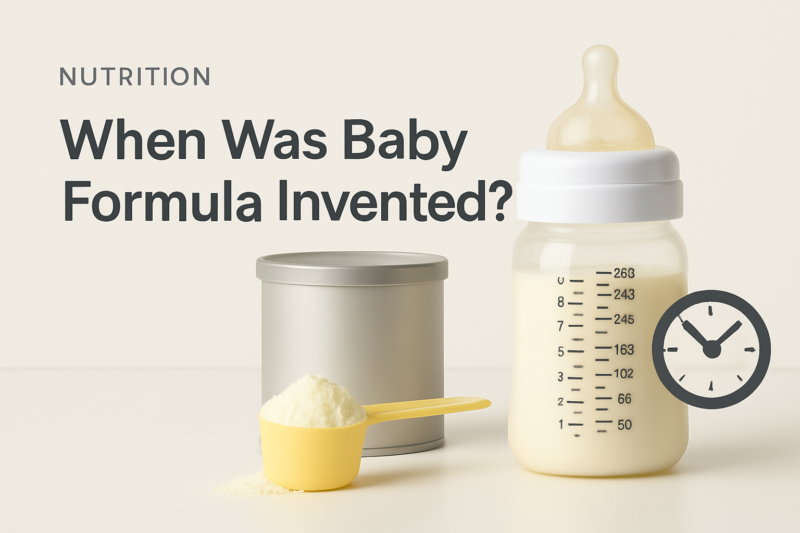
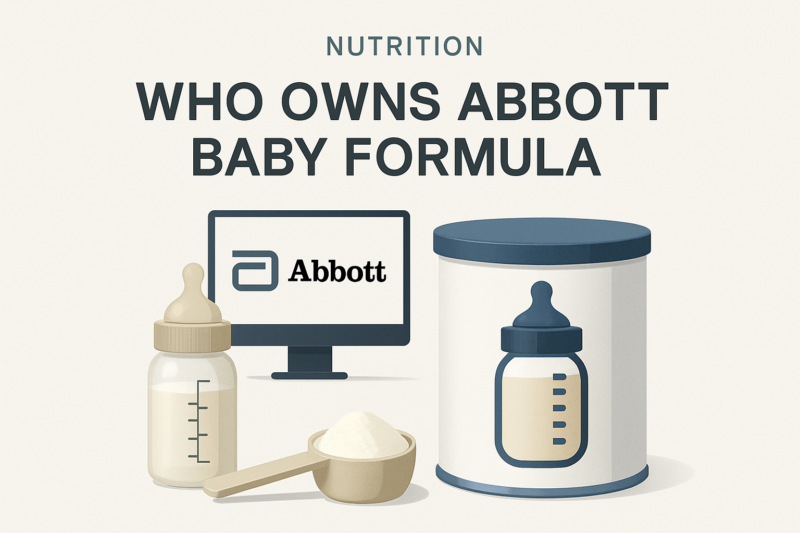
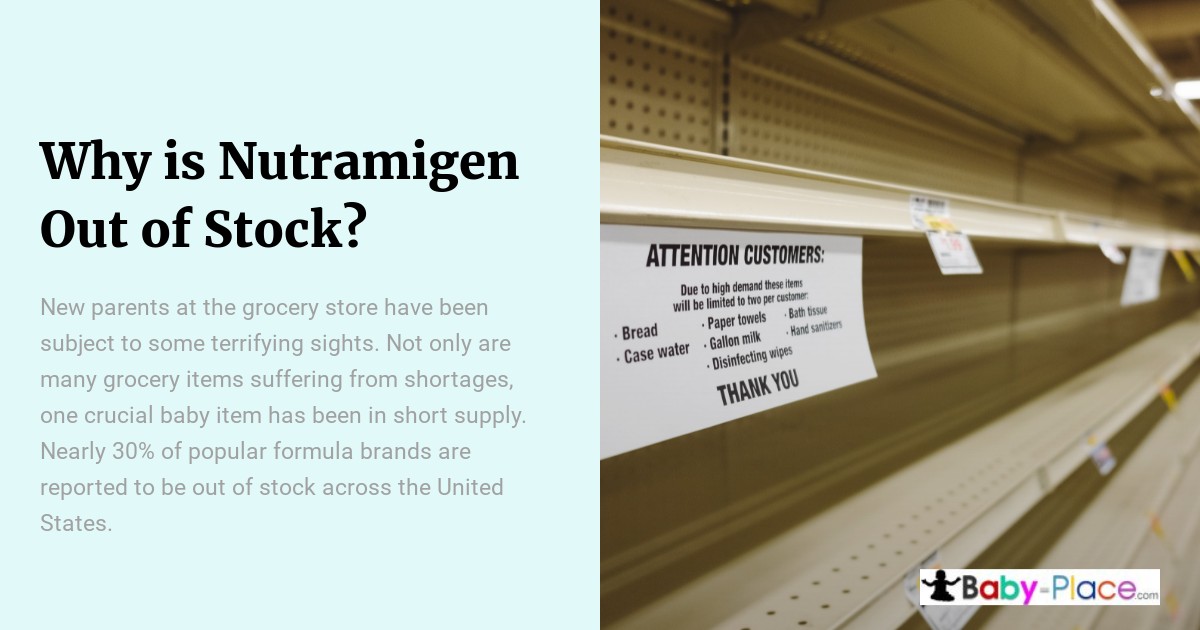
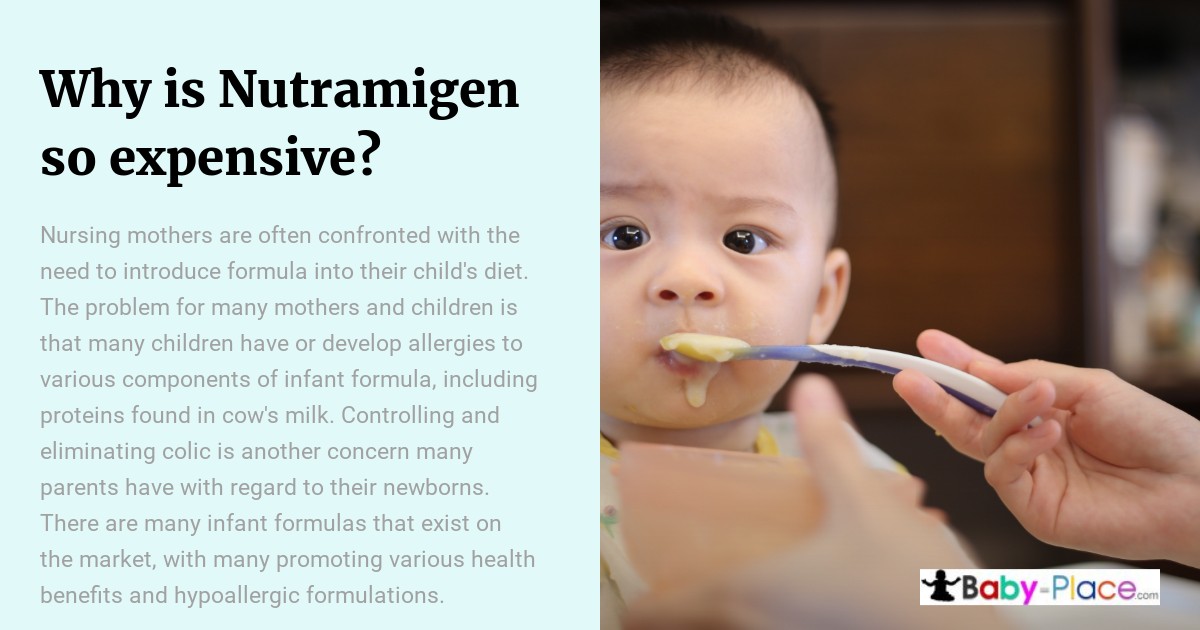
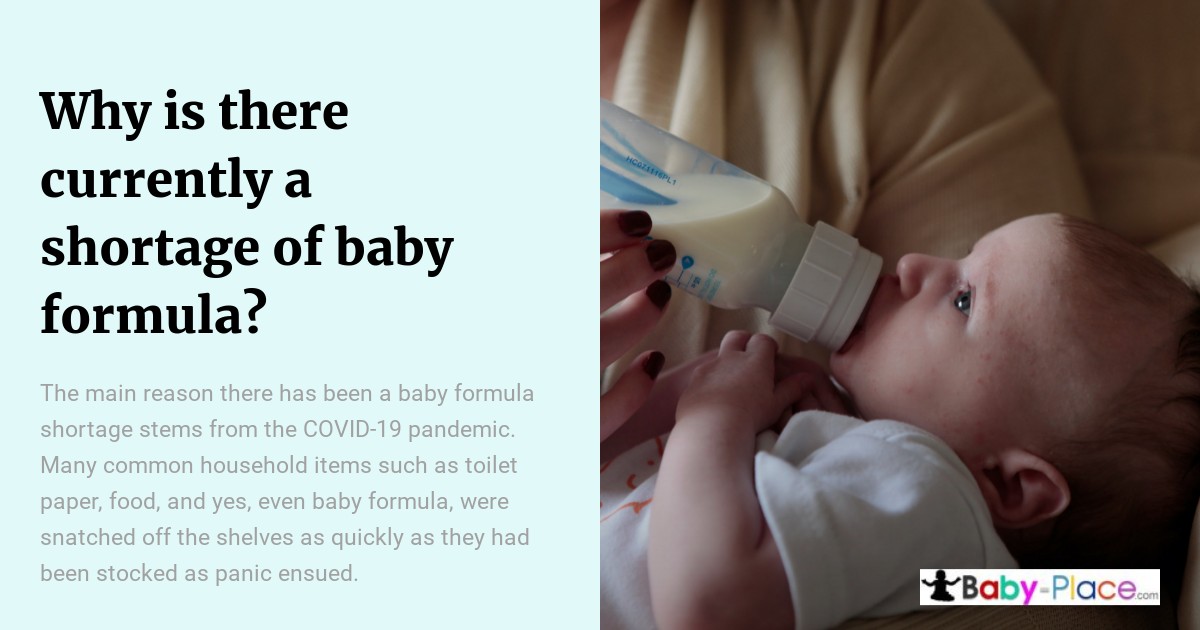

![[Recipe] Homemade Baby Formula Recipe](https://baby-place.com/wp-content/uploads/2025/04/homemade-formula-recipe-e1755526887889.png)
![[Recipe] Making baby formula at home](https://baby-place.com/wp-content/uploads/2022/12/baby-formula-recipe.jpg)